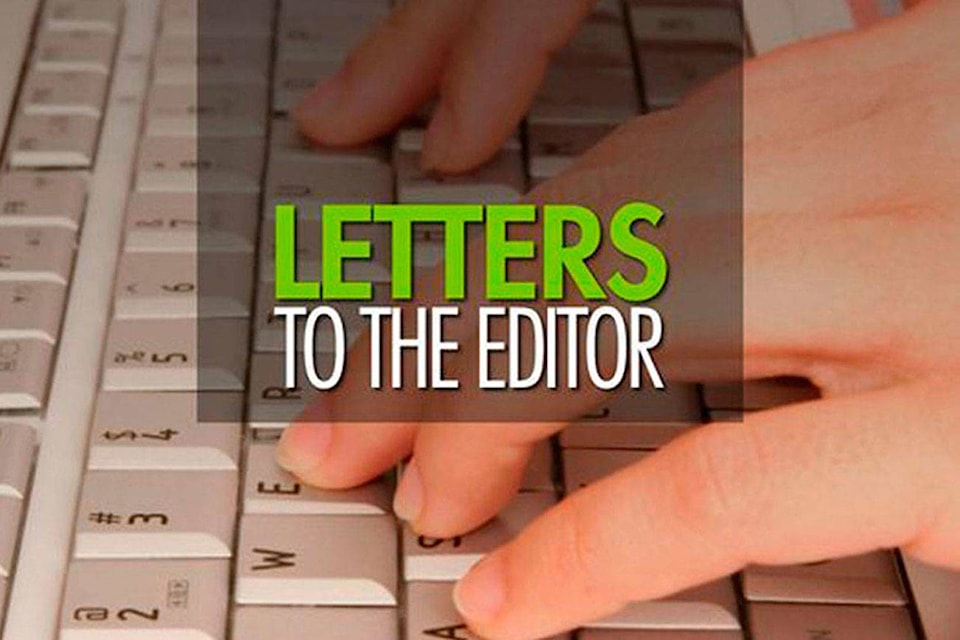Education
Intellectualism Faces Decline as Ignorance Gains Acceptance

The perception of intellectualism is undergoing a significant decline, with many individuals now viewing independent thought as elitist and education as suspect. This shift has led to a troubling environment where factual information is often dismissed as fake news and expertise is questioned. The implications of this trend are profound and warrant examination.
Rebranding Ignorance
Several observers, including William Perry from Victoria, suggest that the rebranding of ignorance as common sense marks a pivotal change in societal attitudes. When faced with uncomfortable facts, many individuals now label them as falsehoods. History is being rewritten in a way that disregards established truths, creating a reality where inconvenient evidence is simply ignored.
This shift has profound implications for public discourse. The idea that knowledge and critical thinking are elitist has permeated various sectors of society. For instance, when individuals challenge the narratives presented by mainstream sources, they often encounter backlash, further entrenching their beliefs against established facts.
Attacking Expertise
A systematic attack on expertise has emerged as a central feature of this trend. Professionals in fields such as medicine, education, and journalism are often characterized as self-serving or deceptive. For example, physicians are accused of prioritizing profit over patient care, while educators face allegations of indoctrinating students with biased perspectives. This skepticism extends to journalists, who are sometimes labeled as agents of a so-called “deep state,” undermining trust in media outlets.
The impact of these perceptions is notable. As loyalty to personal beliefs supersedes the need for evidence, the public has become more susceptible to misinformation. Echo chambers thrive, where individuals seek affirmation rather than challenging their assumptions. The absence of critical dialogue has led to a dangerous environment where questioning established norms is discouraged.
The consequences of this shift are visible in various aspects of society. Book bans, for instance, are framed as acts of freedom, while individuals who seek to engage in meaningful discussions are often marginalized. The landscape of knowledge is changing; instead of promoting understanding and inquiry, many now find themselves in a culture that vilifies learning.
As William Perry articulates, the erosion of critical thinking is not a spontaneous occurrence. It has been a methodical process that has unfolded over time, resulting in a society where ignorance is not only tolerated but celebrated. This alarming trend emphasizes the need for renewed focus on fostering a culture that values education, critical thinking, and the pursuit of truth, ensuring that intellectualism does not become a relic of the past.
-

 Education2 months ago
Education2 months agoBrandon University’s Failed $5 Million Project Sparks Oversight Review
-

 Lifestyle3 months ago
Lifestyle3 months agoWinnipeg Celebrates Culinary Creativity During Le Burger Week 2025
-

 Science3 months ago
Science3 months agoMicrosoft Confirms U.S. Law Overrules Canadian Data Sovereignty
-

 Health3 months ago
Health3 months agoMontreal’s Groupe Marcelle Leads Canadian Cosmetic Industry Growth
-

 Science3 months ago
Science3 months agoTech Innovator Amandipp Singh Transforms Hiring for Disabled
-

 Technology3 months ago
Technology3 months agoDragon Ball: Sparking! Zero Launching on Switch and Switch 2 This November
-

 Education3 months ago
Education3 months agoRed River College Launches New Programs to Address Industry Needs
-

 Technology3 months ago
Technology3 months agoGoogle Pixel 10 Pro Fold Specs Unveiled Ahead of Launch
-

 Technology1 month ago
Technology1 month agoDiscord Faces Serious Security Breach Affecting Millions
-

 Business2 months ago
Business2 months agoRocket Lab Reports Strong Q2 2025 Revenue Growth and Future Plans
-

 Science3 months ago
Science3 months agoChina’s Wukong Spacesuit Sets New Standard for AI in Space
-

 Education3 months ago
Education3 months agoAlberta Teachers’ Strike: Potential Impacts on Students and Families
-

 Technology3 months ago
Technology3 months agoWorld of Warcraft Players Buzz Over 19-Quest Bee Challenge
-

 Business3 months ago
Business3 months agoNew Estimates Reveal ChatGPT-5 Energy Use Could Soar
-

 Business3 months ago
Business3 months agoDawson City Residents Rally Around Buy Canadian Movement
-

 Education3 months ago
Education3 months agoNew SĆIȺNEW̱ SṮEȽIṮḴEȽ Elementary Opens in Langford for 2025/2026 Year
-

 Technology1 month ago
Technology1 month agoHuawei MatePad 12X Redefines Tablet Experience for Professionals
-

 Technology3 months ago
Technology3 months agoFuture Entertainment Launches DDoD with Gameplay Trailer Showcase
-

 Business3 months ago
Business3 months agoBNA Brewing to Open New Bowling Alley in Downtown Penticton
-

 Technology3 months ago
Technology3 months agoGlobal Launch of Ragnarok M: Classic Set for September 3, 2025
-

 Technology3 months ago
Technology3 months agoInnovative 140W GaN Travel Adapter Combines Power and Convenience
-

 Science3 months ago
Science3 months agoXi Labs Innovates with New AI Operating System Set for 2025 Launch
-

 Technology3 months ago
Technology3 months agoNew IDR01 Smart Ring Offers Advanced Sports Tracking for $169
-

 Technology3 months ago
Technology3 months agoDiscover the Relaxing Charm of Tiny Bookshop: A Cozy Gaming Escape










